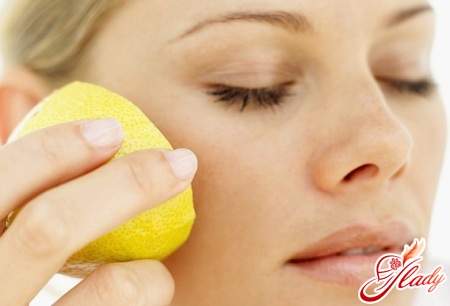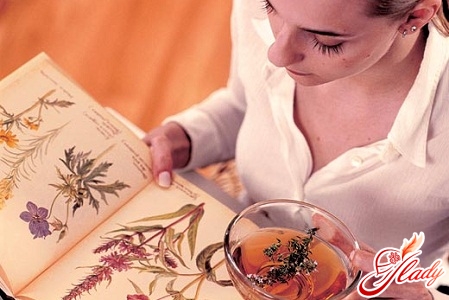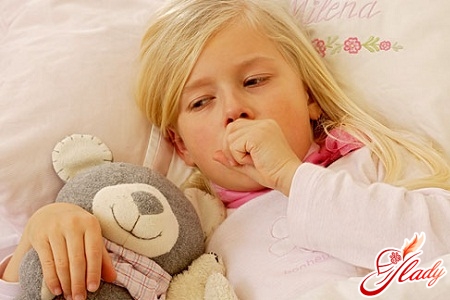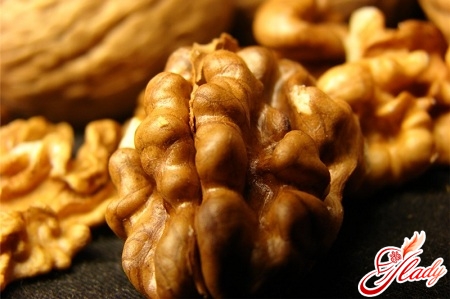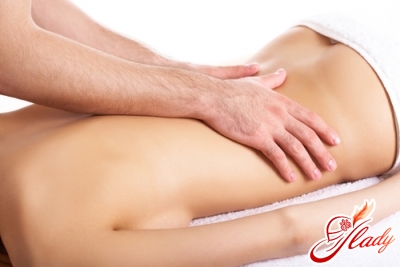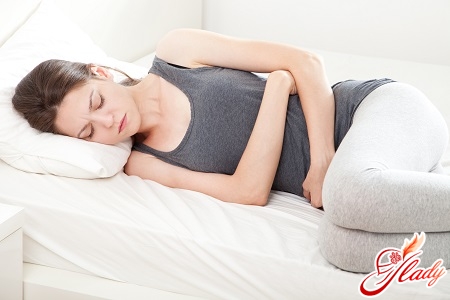
Reflux gastritis is often not taken seriously. At the initial stage, this disease can either not manifest at all, or look like a minor inconvenience. It seems that this discomfort is a temporary phenomenon, which after a couple of days will pass, and so it can be endured. But this disease is very insidious and often leads to more serious diseases, such as erosion of the walls of the stomach, ulcer, cancer.
What is reflux-gastritis?
Full medical name - biliousreflux gastritis, gastritis type C or chronic chemical-toxic-induced gastritis. How does this happen? As you understand, the acidity in the stomach is not the same. In the body of the stomach, where all the food lies, the acidity is higher, and before going out into the intestine the acid concentration in the gastric juice is less (since it is partly compensated by bicarbonates). This is necessary for the transition of semi-digested mass into the intestine, in which the medium is alkaline. In a healthy person, the work of sphincters (a circular strong muscle that compresses a hollow organ or closes a hole) is synchronized. The exact sequence in the operation of the valves ensures proper digestion of the food. For various reasons, the function of the gatekeeper is broken, the food semi-digested masses, along with the enzymes and bile, rush into the way back from the intestine to the stomach. The mucous membrane of the stomach can not cope with such an aggressive environment (enzymes, bile acid and salt), and as a result, the walls of the main digestive organ are destroyed. And on the other hand, acid from the stomach enters the intestines, irritates it and causes inflammation. This phenomenon is called reflux (ejection), and developing on this background gastritis is called reflux gastritis. The disease is chronic. 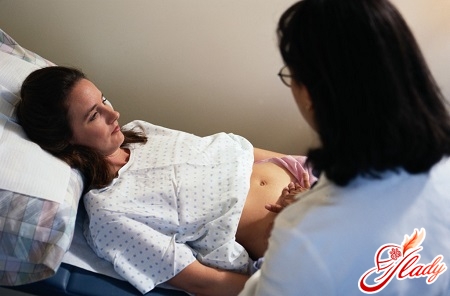
Types of reflux gastritis
Depending on the reasons, the reflux is twospecies. The first is duodenogastric reflux. The reasons are poor closure of the pylorus, increased pressure, inflammatory and degenerative processes of the mucosa (duodenitis) in the duodenum. The second is biliary reflux. Causes - violations in the biliary system, malfunctioning motor skills and unhealthy work of sphincters. The causes lead to failure of the sequence and pressure force inside the intestine and bile ducts, and this causes failures of compression of the gastric and pancreatic ducts. Depending on the pathology, reflux gastritis is divided into:
- Surface
For such a variety, the degeneration of the superficial epithelium is characteristic, as well as the disturbance of its regeneration. Defeat of the glands is not observed.
- Catarrhal
He is characterized by inflammation of the mucosa and its edema, degeneration of the epithelium.
- Erosive
It shows erosion on the mucous membrane, surface defects, which do not go beyond the muscular plate of the stomach.
- Biliary
With such a reflux disordernervous system and endocrine glands. Symptoms of the disease - a feeling of fullness of the stomach, heaviness after eating, bitter eructations, an unpleasant taste in the mouth, nausea; constipation, alternating with diarrhea; swelling in the abdomen. It should be noted that with biliary reflux, pain is usually not pronounced. It can be dull, barely noticeable, aching. Sometimes it increases after a person has eaten, the digestibility of food by the body worsens, resulting in a deficiency of nutrients. For this reason, patients lose weight, appear jaundices in the corners of the lips, anemia, weakness, dry skin. Catarrhal, biliary, superficial, erosive gastritis are dangerous. Only the doctor can determine which problem you have, and then prescribe the treatment. Independently take pills, tinctures and other medicines is not recommended. 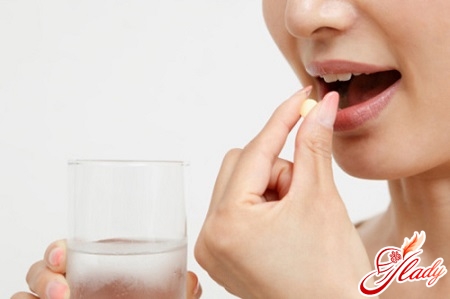
How to cure reflux gastritis?
Treatment of reflux gastritis should proceedcomplex and be directed at the processes of binding of bile acids, removing them from the stomach and improving the motor function of the digestive organ. Even if you have a catarrhal or superficial gastritis, your doctor will prescribe medications. Medication:
- prescribe drugs that protect the gastric mucosa and bind bile acids;
- special attention is paid to preparations that convert bile acid into water-soluble forms;
- use drugs that prevent the return of bile.
To treat reflux-gastritis medicamentally makes senseprovided that the patient is properly nourished. Diet with reflux gastritis should be aimed at preserving the gastric mucosa, food should not injure the walls of the digestive organ. It is necessary to exclude any aggressive products, spicy, fried, rough food. If you have a superficial, erosive, catarrhal or biliary reflux gastritis, nutrition is prescribed by either a nutritionist or gastroenterologist. At the time of treatment, a light, semi-liquid, steamed or boiled food is recommended. For example, soups, ground and cooked on a weak broth; steamed cutlets, mashed potatoes, soft low-fat sauces, heavily boiled porridges on the water, low-fat cottage cheese, soft-boiled egg. When the exacerbation is removed, you can add to the food juices, sour-milk products, some vegetables and fruits; if good tolerability, then milk. If you have a superficial gastritis, jelly and compotes are allowed. During treatment and as a preventive measure, it is recommended to drink a mineral water matched by a nutritionist, which helps alleviate painful conditions. When reflux gastritis is strictly prohibited, and not only during an exacerbation:
- Fried food: fish, eggs, cutlets, potatoes,
- Fatty food,
- Bread white and rye,
- Alcohol,
- Honey, jam, sugar,
- Marinades, pickles, smoked products, sausages,
- Baking and chocolate.
Is there at will, in small portions, notless than 6 times a day. Food should not be cold or hot, even if we treat non-reflux gastritis. If the food is properly organized, it will greatly improve the well-being and positively affect the treatment. It is important to observe several rules: less bend, do not lift weights, do not eat in large quantities, do not lie down immediately after eating, sleep on high pillows and avoid stress.




